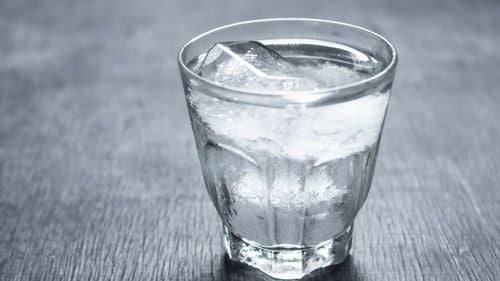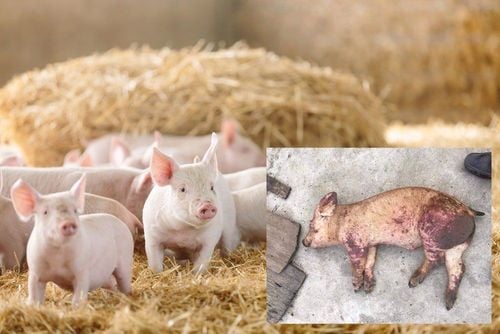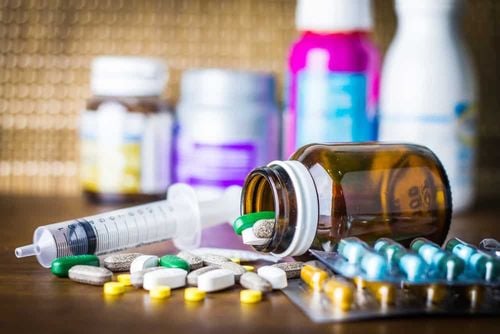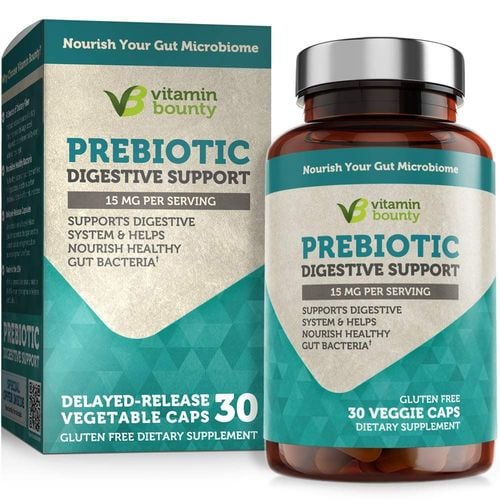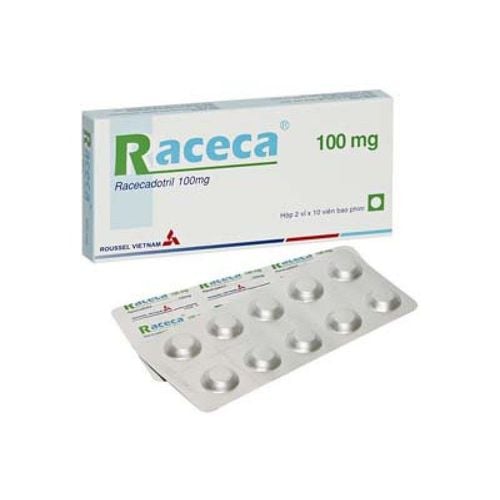This is an automatically translated article.
Children with prolonged diarrhea easily lead to dehydration, fatigue, anorexia, weight loss, and even malnutrition if parents do not know how to take care of the child in time. Therefore, changing the appropriate diet after the child recovers from illness plays an important role in helping the child recover quickly. So what to eat when the baby stops diarrhea?
1. Principles of nutrition for children with diarrhea
Children with diarrhea is a common digestive disease, making the body very easy to lose water and lack of necessary nutrients. According to experts, before many parents ask the question of what to feed their baby when they have diarrhea, they should pay attention to the principles of nutrition for children with diarrhea:
For children who are still breastfeeding, the mother should increase the number of feedings more often than usual; For babies with diarrhea who are using formula milk, mothers can increase the number of feedings per day depending on their baby's needs; For older children who have entered the complementary weaning period: The baby's diet should not be excessively restricted. Instead, try to build a meal full of essential nutrients such as starch (carbohydrate), protein (protein), fat (lipid), vitamins and minerals. At the same time, meals should be divided into many small meals a day (about 6-8 meals/day) and the way of processing should give priority to soft, liquid, easy-to-digest foods; What to eat when the baby's diarrhea stops? At this time, parents can gradually switch back to normal nutrition; One issue that needs special attention is the need to rehydrate children with diarrhea to prevent dehydration.
2. What should the baby eat without diarrhea?
2.1. Group of children exclusively breastfed Children with diarrhea should not eat is a matter of concern to many parents with the main purpose of helping their children recover the fastest. For babies with diarrhea that have just stopped but are exclusively breastfed, mothers should continue their normal breastfeeding habits, even in the early stages, they should increase the number of feeding times per day. Breast milk contains optimal nutritional components, and is suitable for the digestive system of young children, so its tolerance is very good, especially when the baby has just stopped diarrhea. In addition, breastfeeding is assessed to be able to greatly improve the condition of children with diarrhea, shorten the duration of the illness, and minimize the risk of dehydration of the child.
Many mothers have the misconception that mothers should only eat rice with salt to "healthy milk", which negatively affects the mother's milk secretion. supplement their own nutrition with nutritious foods to both ensure adequate milk production and provide adequate nutrition for the child while breastfeeding
2.2 Groups of children who are not breastfed Currently, children using It is not uncommon to use formula, formula or cow's milk in place of breast milk.It is important to note that when a child has diarrhea and was previously using cow's milk or formula, the mother should continue to give the infant formula such as If the baby is bottle-fed (formula), the mother should dilute the milk (reduce the amount of milk, keep the same amount of water) and keep the same amount of water between feedings. at least 3 hours apart.
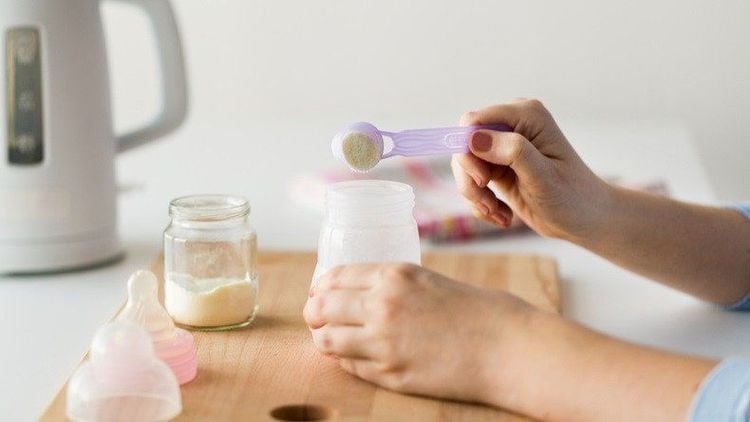
Sau khi trẻ bị tiêu chảy, cha mẹ nên pha sữa công thức loãng hơn
2.3. Children from 6 months old and older Some notes for what to eat when the baby stops diarrhea:
Use foods that are easy to digest: Besides breast milk, the baby's weaning diet should provide foods easy to digest such as: rice flour, potatoes, chicken, pork, yogurt, carrots, banana pepper, sapodilla...; For children with diarrhea, parents should give priority to preparing soft, easy-to-digest foods such as porridge, soup, stewed dishes or pounded rice. Note that dishes for children with diarrhea need to be cooked carefully, should be eaten immediately after cooking to ensure food safety and hygiene, and limit the risk of diarrhea recurrence. If it is imperative for your child to use pre-cooked food, you need to reheat it before giving it to your baby; In the process of preparing food for children with diarrhea, mothers need to wash their hands, disinfect them with soap and make sure the kitchen utensils are clean. Some utensils such as bowls, chopsticks, cups, cups, spoons, forks... after being washed, they should be dipped in boiling water before each meal; Fat-free diet: Parents need to remember that a child's diet still needs fat (lipid) to add energy. However, if the child has diarrhea, the mother should replace animal fat with vegetable oils such as peanut oil, sesame oil...; Fruits: The diet of children with diarrhea should add fresh fruits or juices such as bananas, oranges, mangoes, sapodilla to supplement potassium; Ensure adequate hydration: For children with diarrhea, rehydration is considered the number one priority. With each loose bowel movement, the mother must replenish and replace the lost water immediately. The right type of water for children with diarrhea is coconut water or diluted porridge or if eligible, Oresol solution should be used (both rehydrating and adding electrolytes). However, the Oresol mixture should be mixed in accordance with the instructions and given to the baby gradually as prescribed. You can replace Oresol by mixing 1 teaspoon of salt and 8 teaspoons of sugar in 1 liter of water; Supplement with probiotics: Children with diarrhea can take probiotic supplements. This product helps relieve symptoms of diarrhea effectively when supplementing with a large amount of beneficial bacteria, inhibiting the growth and pathogenicity of harmful bacteria strains, strengthening the immune system, helping to ferment food, produce produce lactic acid, speed up metabolism and excrete toxins. From there, probiotics support better digestion and increase absorption of nutrients.
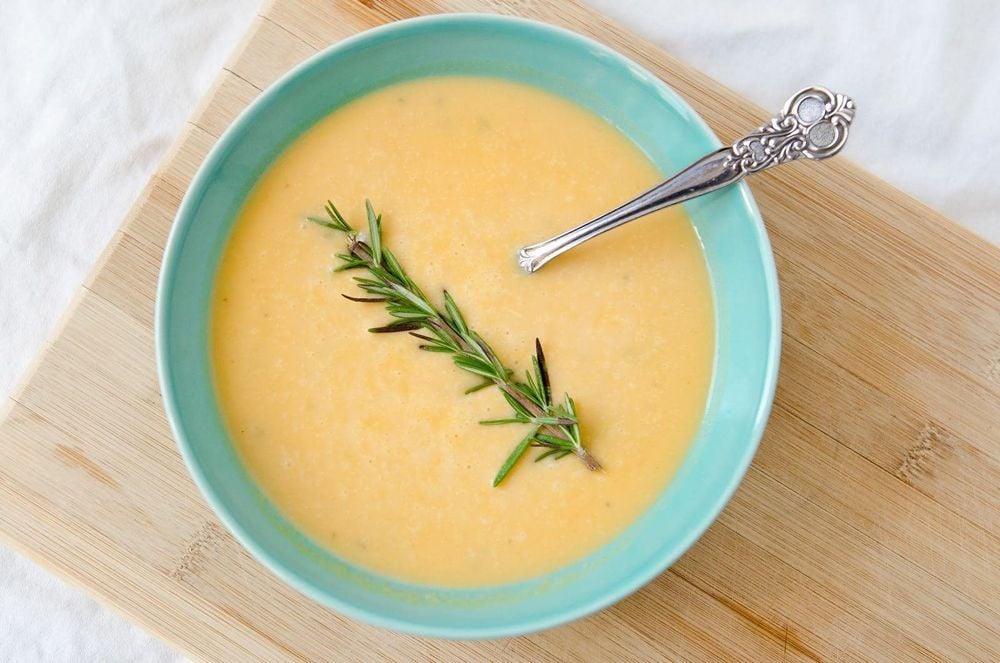
Bé hết tiêu chảy nên ăn gì thì cha mẹ có thể cho trẻ ăn súp lỏng
3. Children with diarrhea should not eat anything?
What to feed your baby when having diarrhea is important, so it is equally important to limit what the child has to eat. It depends on the cause of the child's diarrhea to eliminate foods that make the symptoms worse. Foods that should be avoided include:
Fried, fried, and fried foods: The amount of fat when preparing fried foods is relatively more indigestible, so they can aggravate diarrhea in children; Foods high in sugar and artificial sweeteners: When entering the intestinal tract, sugars have the ability to affect the strains of bacteria that are already sensitive here, and at the same time increase their permeability and cause diarrhea to increase. more. In addition, children with diarrhea should avoid products containing artificial sweeteners because they have a laxative effect. Products that children with diarrhea should limit include cakes, candies, jams, syrups, soft drinks... Limit too much fiber: Under normal conditions, fiber plays an important role in the digestive system. and reduce constipation. However, for children with diarrhea who have just entered the recovery period, it is necessary to limit fiber in the diet; Do not use carbonated water: Carbonated drinks or industrial soft drinks can make children gassy, difficult to digest, easily full, so their ability to eat is poorer; Rare and raw foods: Absolutely do not let children with diarrhea eat raw vegetables, blood pudding, fish salad, spring rolls, sour rolls, shrimp paste, shrimp paste...; Foods that can cause intestinal irritation: such as onions, garlic, spicy foods, processed foods, foods that produce gas in the intestines (such as cabbage, broccoli and cauliflower...) , citrus fruit. The Pediatrics Department at Vinmec International General Hospital is trusted by many parents to examine the diseases that infants and young children are susceptible to. Vinmec brings satisfaction to customers and is highly appreciated by industry experts by:
Gathering a team of leading doctors and nurses in Pediatrics Comprehensive service with a series of continuous medical examination and treatment services From Newborn to Pediatric and Vaccine,... according to international standards; Specialized techniques with the success of many specialized techniques make the treatment of difficult diseases in Pediatrics more effective. Professional care helps children have fun and get used to the hospital's environment, cooperate in treatment, and improve the efficiency of medical examination and treatment.
Please dial HOTLINE for more information or register for an appointment HERE. Download MyVinmec app to make appointments faster and to manage your bookings easily.




